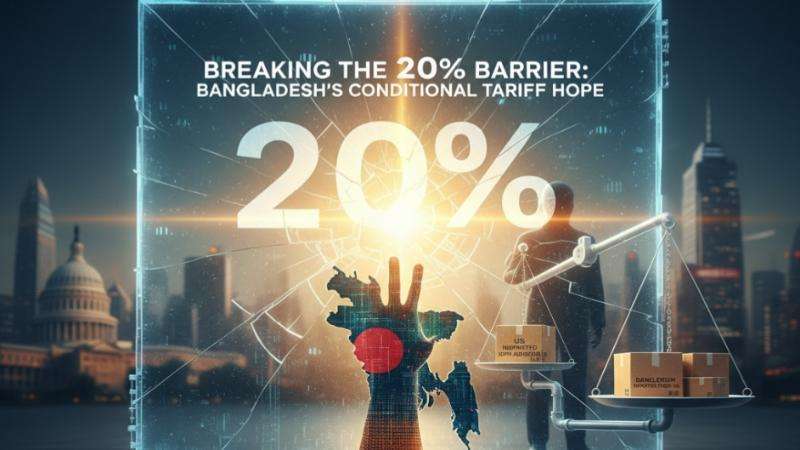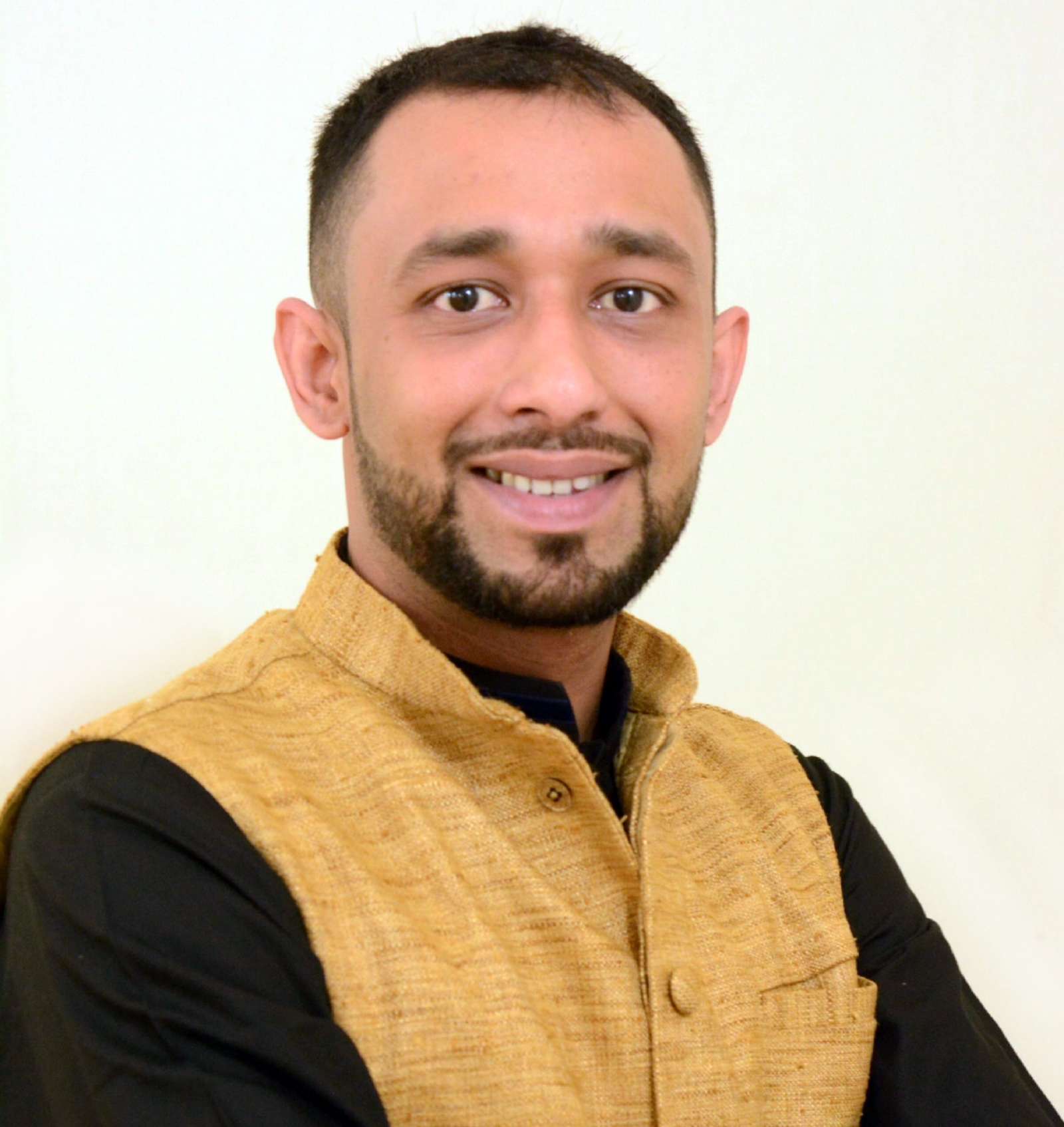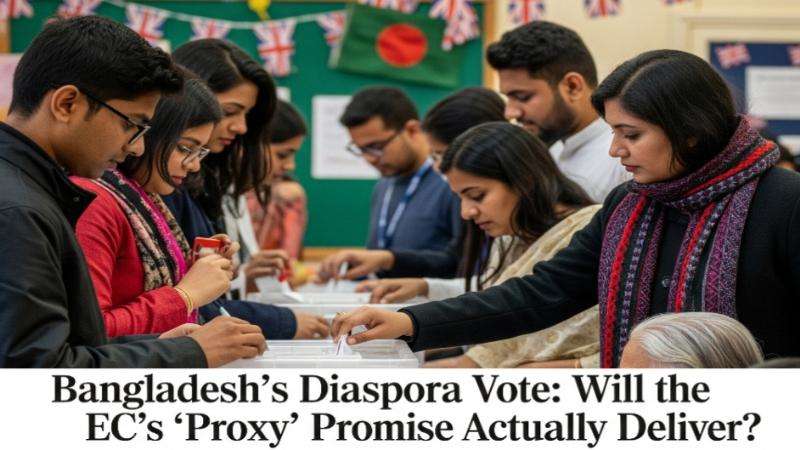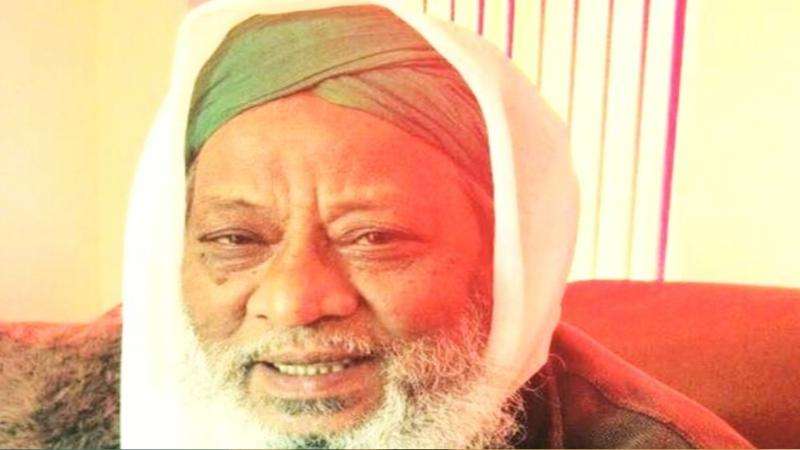NRBs' Ballot Battle: Will Millions Abroad Finally Vote in Bangladesh's Next Election?
Bangladesh's upcoming general election, slated for early April 2026, is set to be a pivotal moment for the democratic rights of millions of Non-Resident Bangladeshis (NRBs). While the legal framework for NRB voting exists, its practical implementation has been a long-standing challenge. The Election Commission (EC) is currently exploring "proxy voting" as the most viable short-term solution to enable the estimated 10 to 14 million Bangladeshis living abroad to cast their ballots. However, this approach comes with its own set of complexities and concerns regarding electoral integrity and logistical hurdles.
The Push for Proxy Voting:
The interim government, led by Chief Adviser Professor Muhammad Yunus, has publicly committed to ensuring NRB participation, leading the EC to form a dedicated committee. Election Commissioner Abul Fazal Md Sanaullah has repeatedly expressed skepticism about online and postal voting methods, stating that "postal and online voting methods are unlikely to be effective here while proxy voting seems more appropriate." This stance is pragmatic, given the virtually non-existent expatriate vote in the January 2024 elections using the postal system and concerns about the security and widespread adoption of online voting.
Proxy voting would allow an NRB voter to authorize a person within their constituency in Bangladesh to cast a ballot on their behalf. This system is seen as the quickest to implement given the tight timeframe, aligning with the Chief Adviser's expectations.
Challenges and Concerns:
Despite the apparent benefits, significant challenges and concerns surround proxy voting:
Electoral Integrity and Fraud Risks: Critics warn that while proxy voting offers accessibility, it carries substantial risks, especially in a politically polarized environment like Bangladesh. Ensuring that the proxy genuinely reflects the voter's will and preventing manipulation or fraud will require rigorous oversight, including secure voter-proxy registration, robust authentication, and vigilant monitoring. The potential for a proxy to misrepresent the voter's intentions or to be unduly influenced is a serious concern.
Political Consensus: The final decision on the voting system will require consensus among Bangladesh's often-polarized political parties and other stakeholders, a historically difficult task.
Logistical Complexities: The sheer scale of the diaspora means that establishing secure registration processes, conducting extensive outreach through diplomatic missions, and addressing operational constraints remain formidable tasks. A crucial prerequisite for any NRB voter registration is the National Identity (NID) card, and while missions abroad are facilitating applications, the need for physical presence for biometric enrollment can be a significant barrier.
Beyond Proxy: Long-Term Vision and Broader Context:
While proxy voting might be a pragmatic short-term measure, experts suggest a "dual-track approach," with a parallel plan for improving postal voting as a contingency. For comprehensive and sustainable NRB enfranchisement, a long-term electoral reform agenda would need to explore more robust, accessible, and secure out-of-country voting (OCV) systems, potentially including online platforms or in-person voting at embassies, once trust in the democratic process is fully restored.
Nasrullah Khan Junaid, Chairman of LSCI and convener of the Combined Professionals Council UK, highlights that despite constitutional guarantees, the fundamental right of 15 million expatriate Bangladeshis to vote has remained unfulfilled for 55 years. He notes that expatriates constitute over 8% of the total population, averaging approximately 50,000 voters in each of Bangladesh's 300 parliamentary constituencies. Many countries worldwide provide national identity cards to their expatriate citizens and some, like neighboring India, Maldives, and Bhutan, have facilitated voting for their expatriate citizens. Some countries even reserve parliamentary seats for expatriates.
Expatriates have historically contributed significantly to Bangladesh, from the Liberation War to the country's economic foundation through remittances and investments, yet their voting rights have remained largely unaddressed by successive governments. With over 10 million adult and eligible expatriate Bangladeshis, their collective vote could significantly influence election outcomes. The demand from the diaspora is clear: they do not want to be deprived of their voting rights through delaying tactics in the upcoming election.
The 2026 election presents a critical opportunity for Bangladesh to demonstrate its commitment to a truly representative electoral process by credibly and inclusively involving its vast diaspora. Whether Bangladesh can deliver a truly inclusive and credible electoral process that enfranchises its vast diaspora will be a key indicator of the nation's democratic maturity and commitment to its citizens, regardless of their geographical location. The "Ballot Battle" for NRBs is far from over, but the next election offers a tangible opportunity for significant progress.



_3.jpg)
_4.jpg)



.svg)


